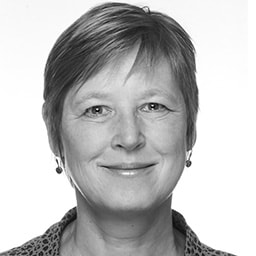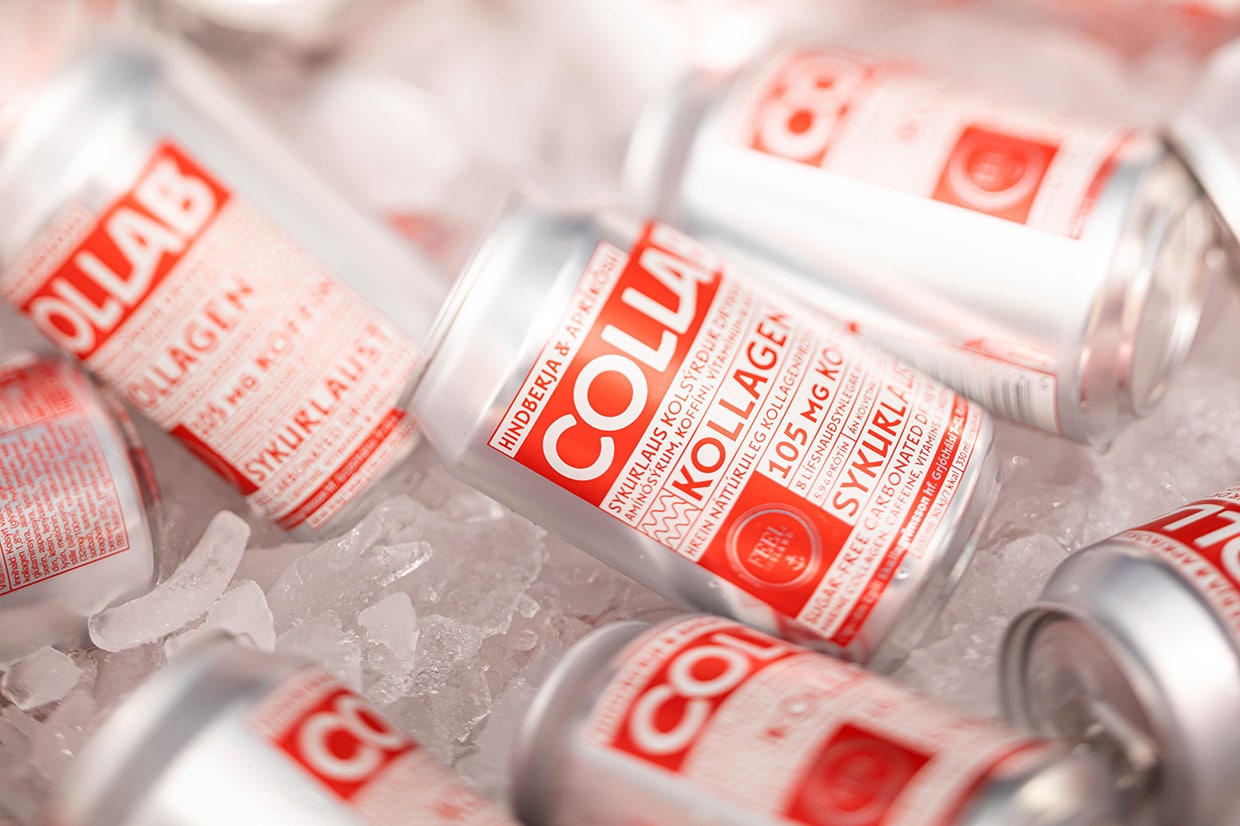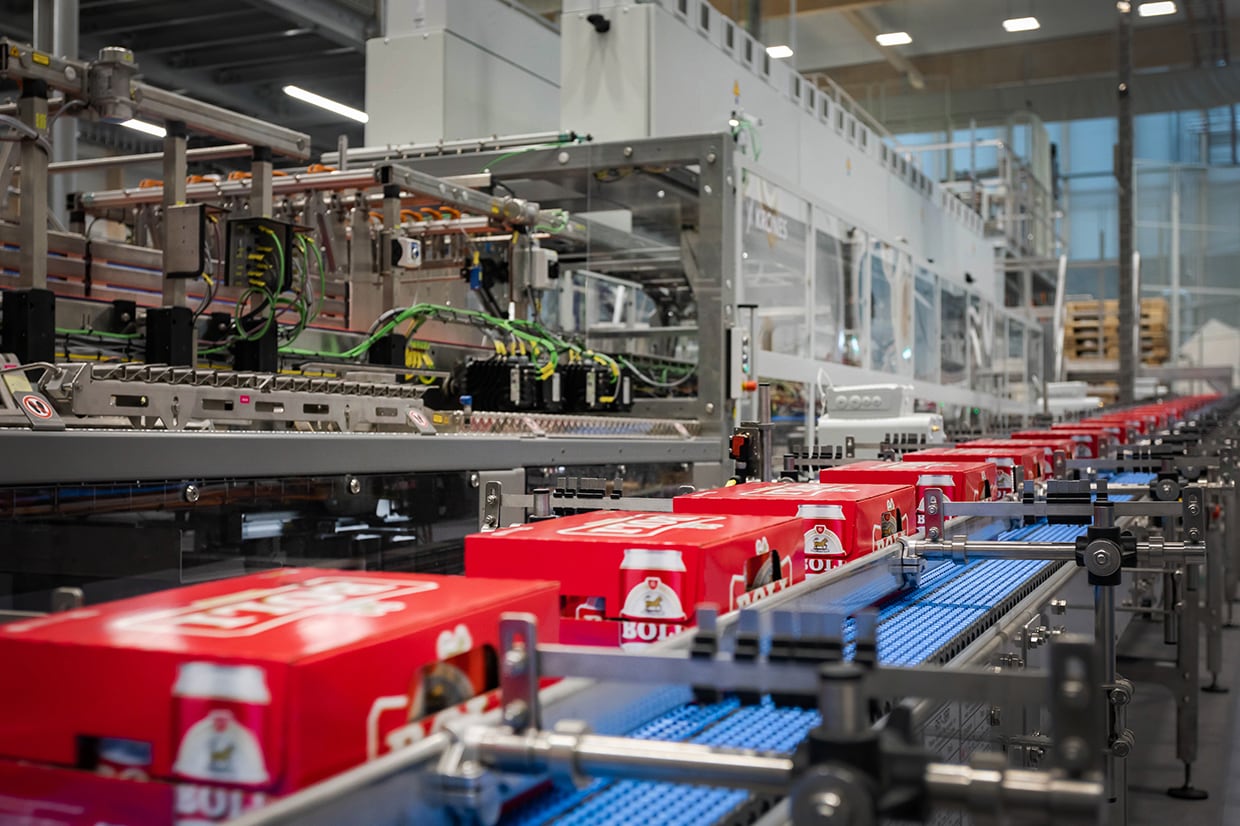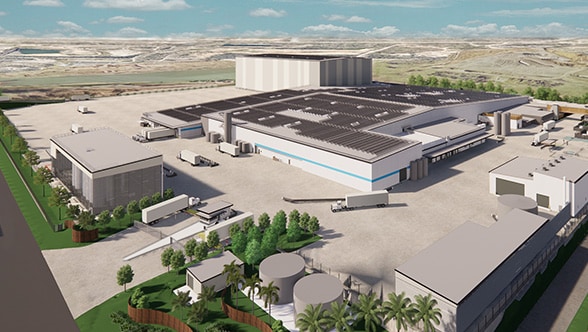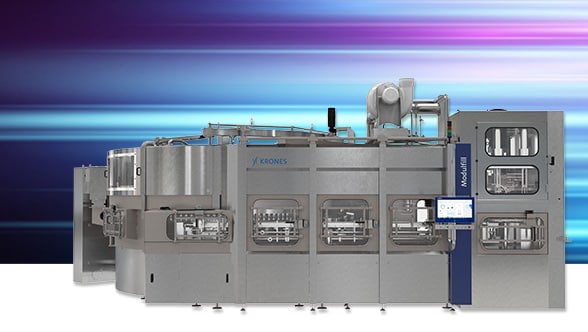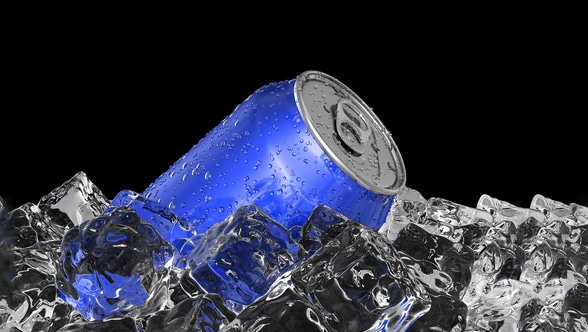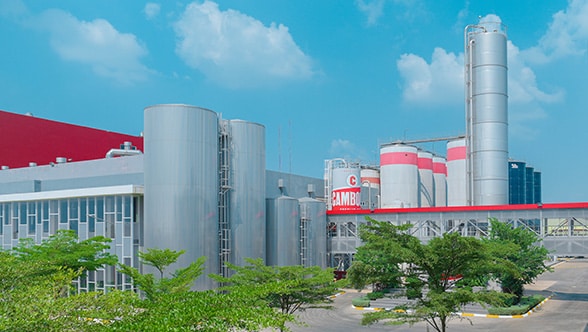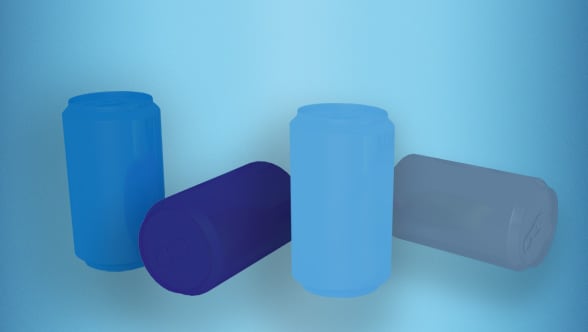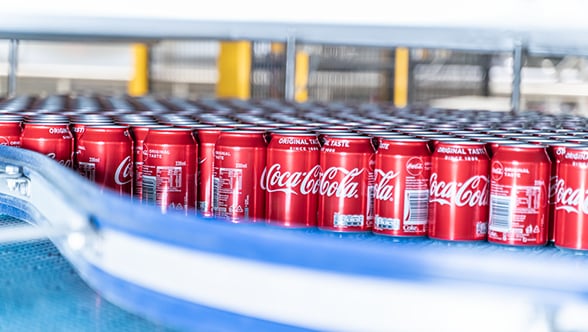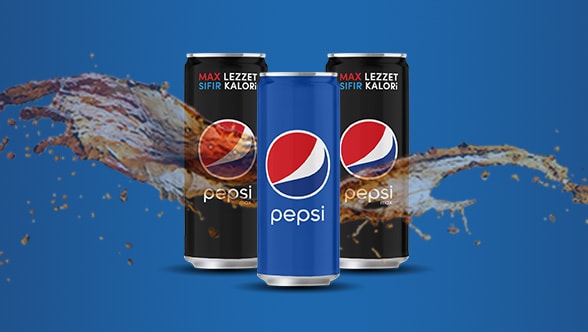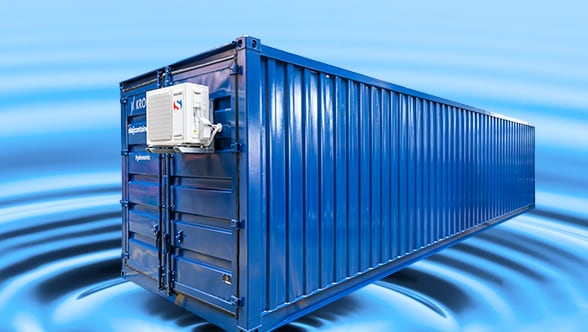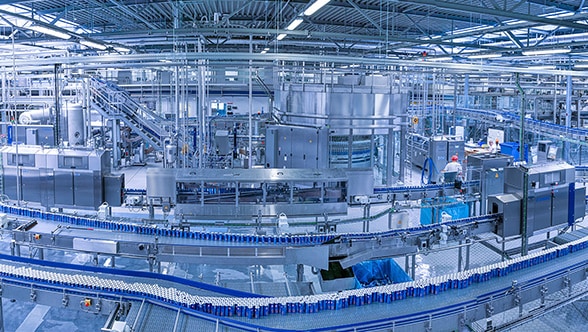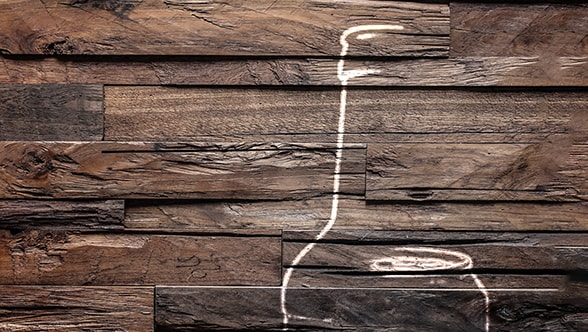Andri Þór Guðmundsson is the CEO of one of Iceland’s oldest and biggest companies. Ölgerðin Egill Skallagrímsson was founded back in 1913, and its first product, the sweet Egils Malt extract, is still highly popular in its home market. Not even the label has changed. “The drink is inseparably linked to Iceland’s history,” says Andri with a smile. It seems that this more or less applies to the entire company. Ölgerðin’s IPO took place in May, and besides financial considerations the CEO gives this reason for it: “It has always been my opinion that a company of this size and age has such strong roots in the Icelandic community that it belongs to the public.”
“Ölgerðin” means “The brewery” in Icelandic, but the beverage company’s portfolio extends far beyond beer, ranging from still water, alcopops and a wide variety of soft drinks and lifestyle drinks right through to spirits. Ölgerðin not only produces numerous brands of its own like Gull, Borg, Appelsin or Brio, but also brews beers under licence and contract-fills beverages for international brand owners. In 2010, the microbrewery Borg Brew House was set up. “It was not until 1989 that beer was legalised in Iceland. Up until then, beer with an alcohol content was brewed exclusively for sale in duty-free shops. The country had a lot of catching up to do in beer culture. With the Brew House, we gave our brewmasters a playground for experimentation,” explains Andri. Further lines of business are imports and the representation of many international food and cosmetics brands.
